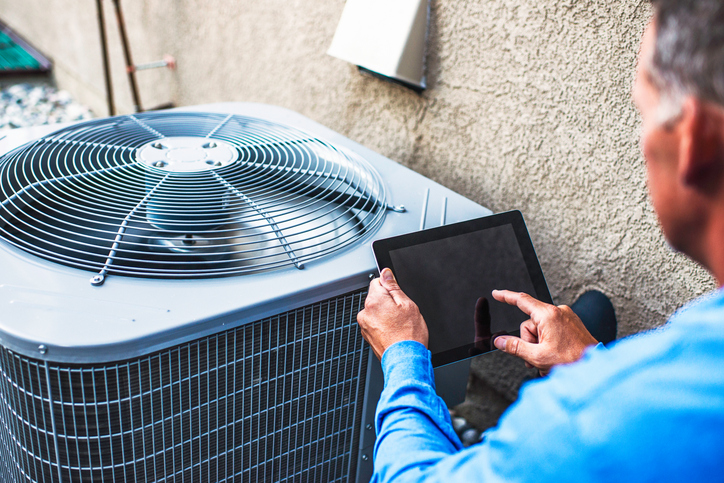In terms of concerning keeping our homes comfortable, green HVAC systems play a vital role. Not just do these systems help manage climate and improve interior air quality, but they also offer a valuable opportunity for homeowners to reduce money on their energy bills while minimizing their environmental footprint. As climate concerns escalate, the call for energy-efficient heating, ventilation, and air conditioning alternatives has never been more pressing.
In this piece, we will examine the various facets of HVAC systems, from comprehending how often you should check your HVAC system to noticing the indicators that suggest your system needs immediate attention. We will investigate the value of regular maintenance and guidelines for choosing the right HVAC system for your residence. Equipped with the proper knowledge, homeowners can not just enhance their living environments but also make informed decisions that benefit both their pockets and the Earth.
Essential Heating, Ventilation, and Air Conditioning Maintenance
Regular maintenance of your HVAC system is important for ensuring optimal performance and durability. By planning regular checks and maintenance, you can detect possible issues before they turn into costly repairs. This proactive approach not only improves the efficiency of your system but also adds to lower energy bills. A well-maintained HVAC system can operate at peak efficiency, helping to reduce your carbon footprint and save money in the future.
One crucial aspect of HVAC maintenance is updating air filters on a regular basis. Dirty or contaminated filters restrict airflow, making your system operate harder and leading to increased energy consumption. It's essential to monitor and change your filters every month or two, depending on your usage patterns and the style of filter. This simple task can significantly improve both the effectiveness of your system and the quality of air in your home.

In addition to filter changes, seasonal tune-ups should be considered a part of your maintenance routine. Before the beginning of each heating and cooling cycle, it’s advisable to have a skilled technician review your system. During this maintenance, they can clean components, check refrigerant leaks, and ensure that all parts are functioning correctly. By investing to these essential maintenance tasks, you not only boost the performance and reliability of your HVAC system but also protect your money in your home's well-being.
Energy Efficiency Tips
To boost the energy efficiency of your HVAC system, start by ensuring routine maintenance. This includes changing air filters often and arranging professional inspections at least a couple of a year. Clean filters every one to three months to promote good airflow and reduce strain on the system. A properly maintained system operates more effectively, which can lead to reduced energy bills.
Contemplate upgrading to a programmable thermostat for enhanced control over your heating and cooling requirements. These controls allow you to set timers based on your daily habits, guaranteeing that your HVAC system runs only as needed. By adjusting temperatures during off-peak hours or when the house is empty, you can greatly cut down on energy use and reduce money.
Lastly, assess the thermal insulation and sealing around your home. Proper insulation in attics, walls, and floors stops conditioned air from leaking and minimizes the strain on your HVAC unit. Use weather stripping around doors and windows to seal any gaps. Investing in superior insulation not only enhances energy performance but also leads to a cozier indoor space year-round.
Frequent HVAC Problems
HVAC units can encounter a variety of common problems that may influence their functioning and operation. https://goheronow.com/why-regular-hvac-maintenance-is-essential-for-your-home/ is limited airflow, which can arise from clogged air filters, blocked ducts, or defective fans. This lowers comfort levels in your home and forces your system to work harder, leading to elevated energy bills. Frequent inspecting and updating air filters can prevent this issue.
Another common problem is variable temperatures throughout the house. This could be caused by ductwork problems, protective issues, or an improperly sized HVAC system. Homeowners may notice that specific rooms are too hot or excessively cool, suggesting that airflow is not balanced. Addressing duct leaks and evaluating zoning systems can help achieve a more stable temperature.
In conclusion, strange noises from the HVAC system can indicate underlying concerns, such as loose components or motor issues. Sounds like banging, whining, or grinding should not be dismissed, as they can signal a need for service. Regular maintenance and inspections are essential to identify these issues early and maintain your system running smoothly while preventing costly service down the line.
